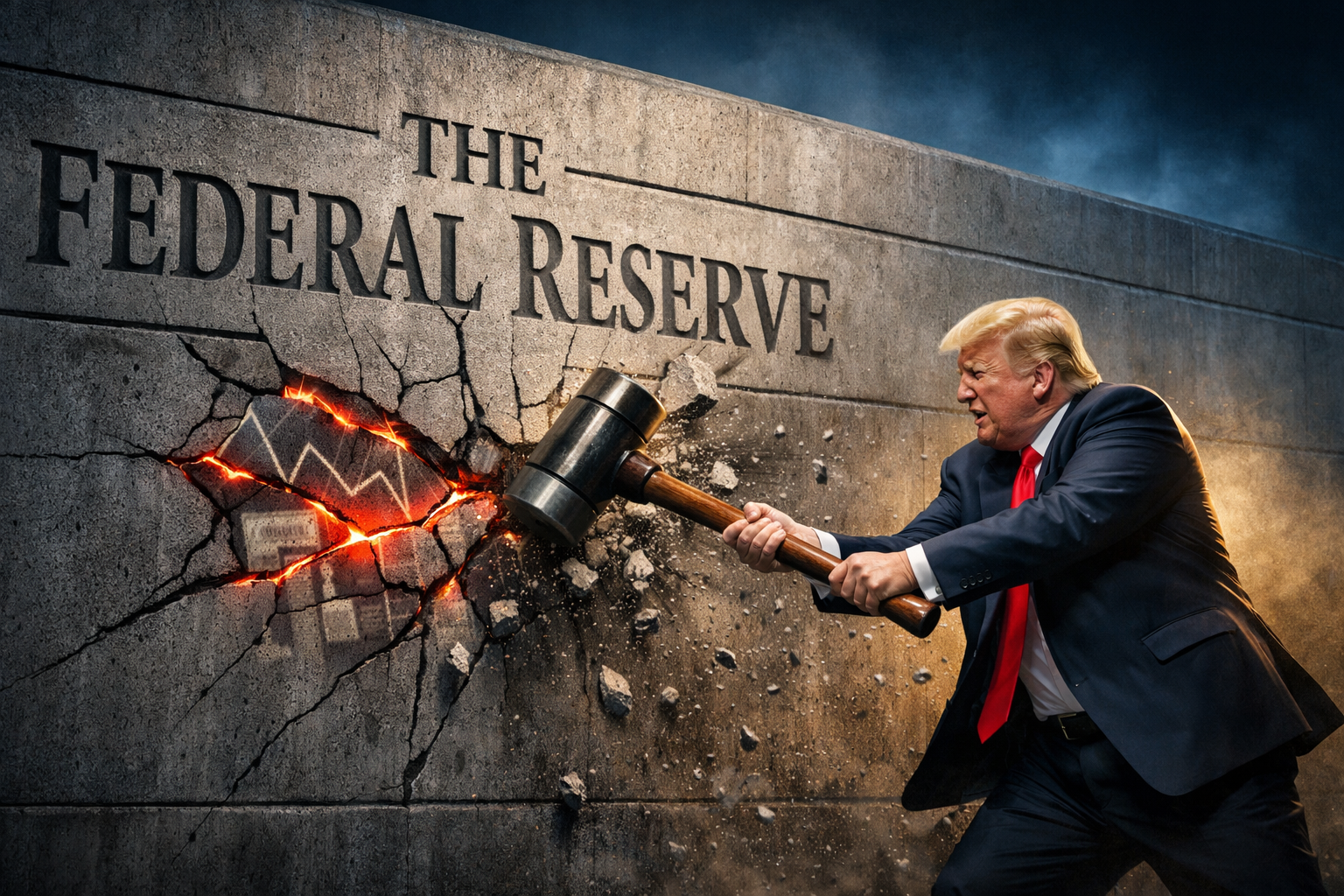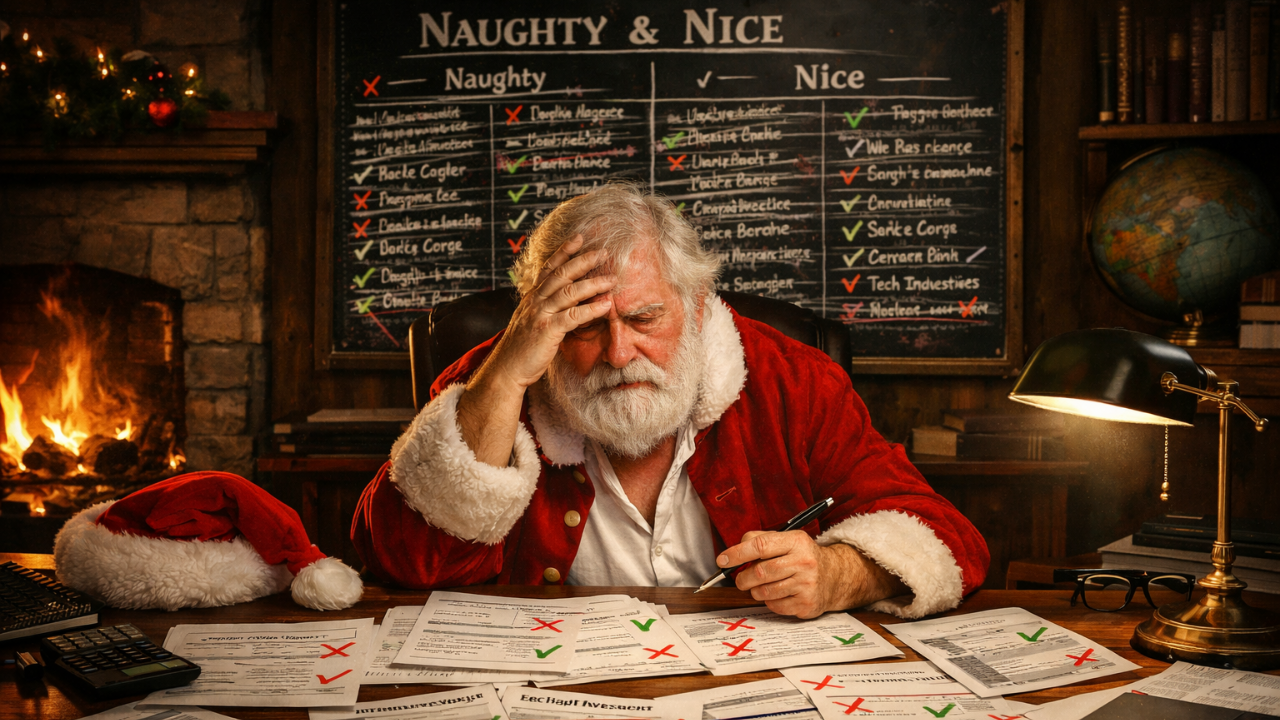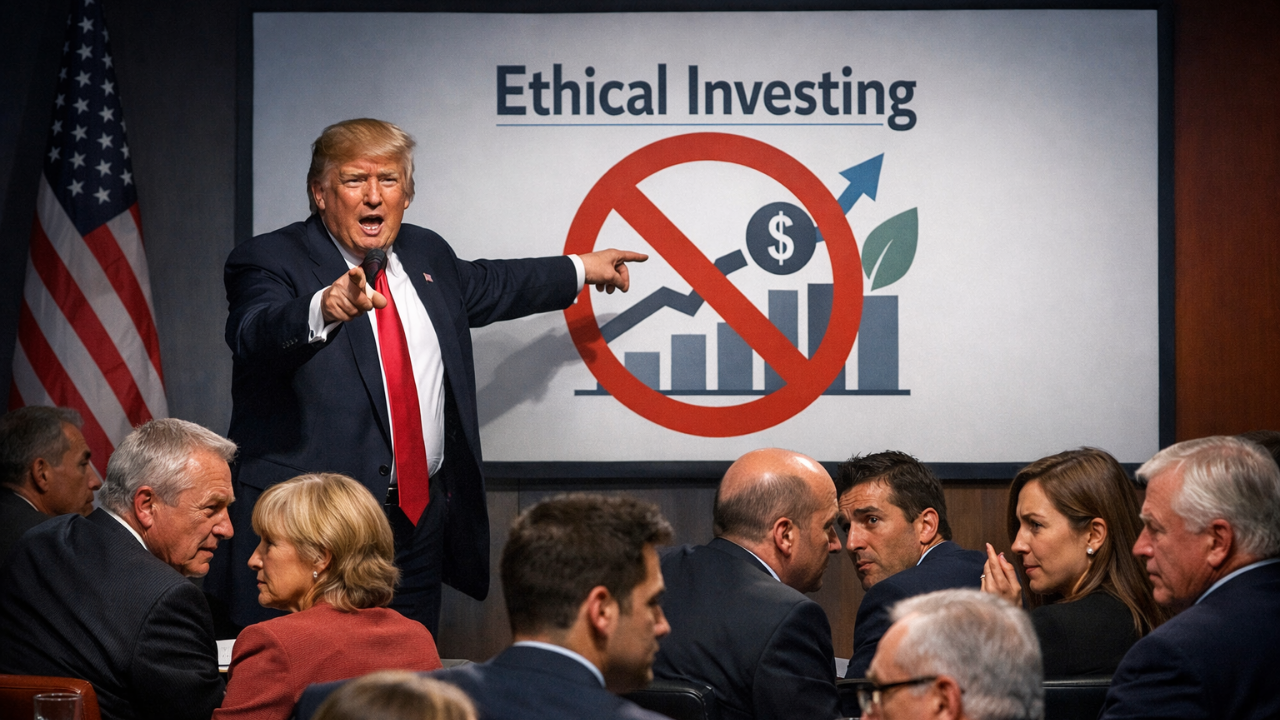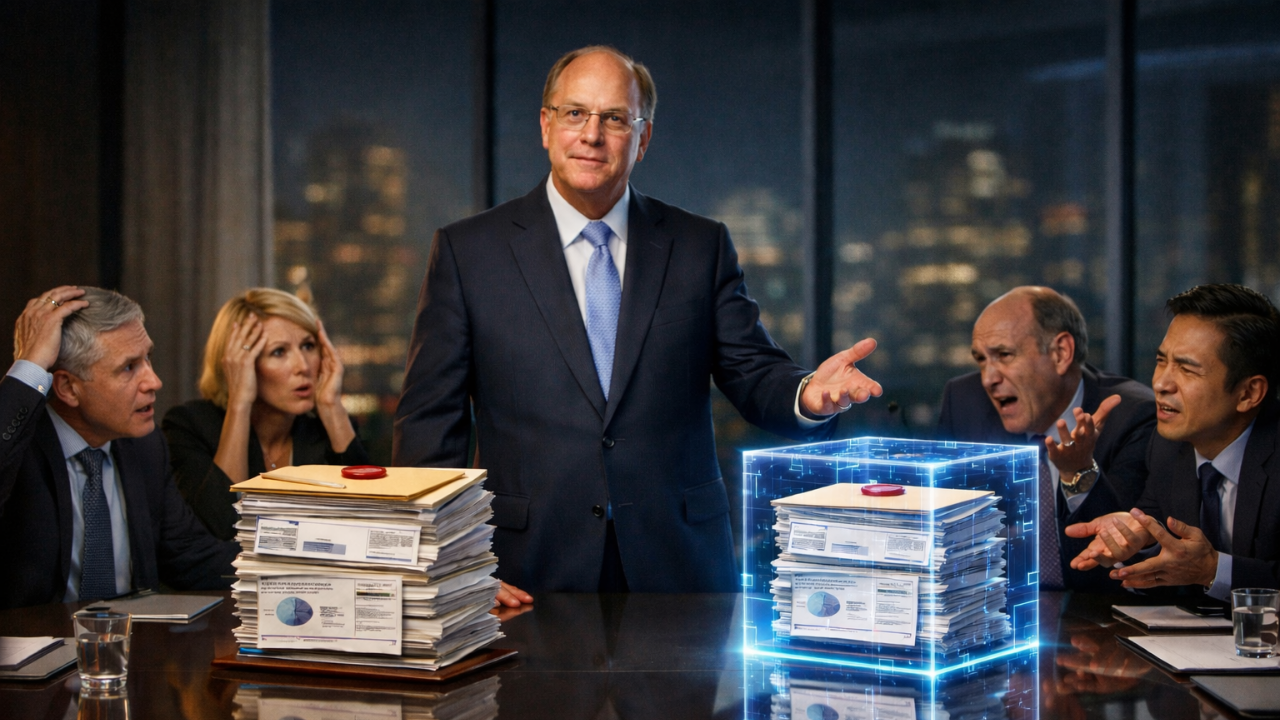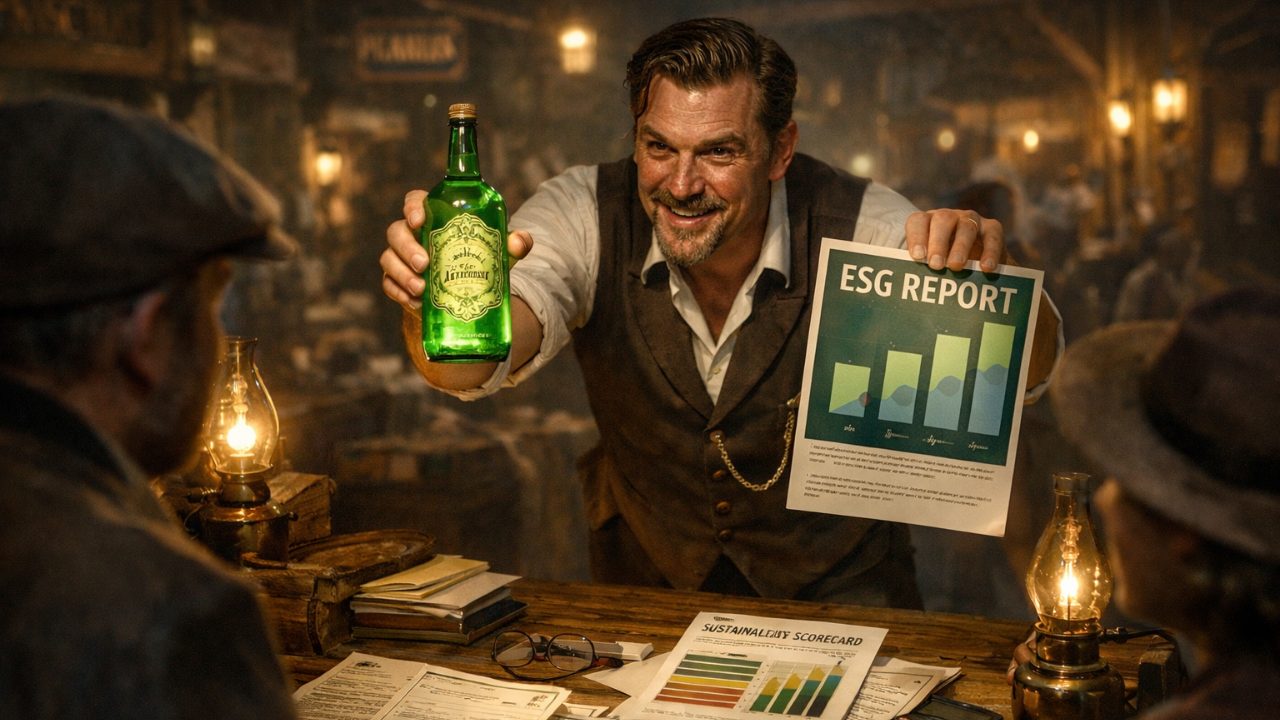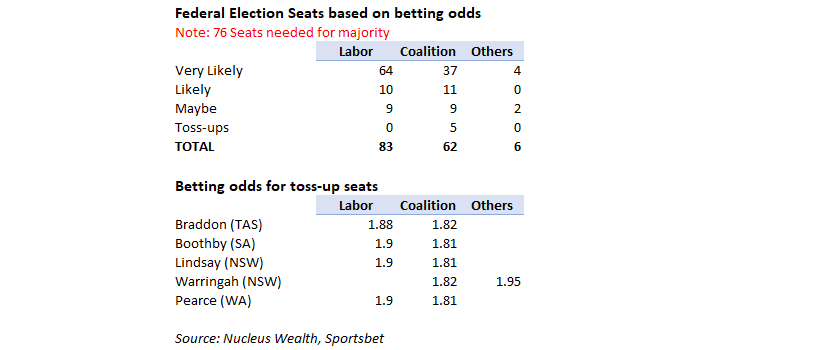Election Odds
I have a working theory that overall betting odds on elections are affected by what people wish would happen as much as what people think will happen. However, my theory is individual seat odds are less likely to be affected by the casual gambler and the betting odds are likely to be dominated by either (a) hardcore gamblers or (b) those with actual "on the ground" insight into what is happening - and both of these are groups I believe can offer insight into likely outcomes.
My next step is to categorise the seats into categories based on odds:
-
- Very Likely = $1.17 or better, implying an 85% chance of victory
- Likely = $1.18-$1.50, implying a 67%-85% chance of victory
- Maybe = $1.5-1.75, implying a 57%-67% chance of victory
- Toss-up = any worse odds
This gives me a better feel for the likelihood of an election outcome - in the past, this methodology has been successful at picking winners or identifying that it was too close to call (for the Gillard hung parliament). It also got the 2019 election wrong. My guess is that bettors will take into account polling failures in 2019, if anything my expectation would be that bettors over-compensate (this time) for the 2019 failure.
Scenarios
So, odds are that everything breaks evenly, Labor ends up with a slim majority.
However, it is also well within the realm of possibility that Labor gets (say) 72 seats, Coalition 69 seats. Would the Liberal party, in order to keep power:
- ditch Morrison
- agree to climate change policy
- agree to a real corruption commission
And therefore gain the support of 7 independents and form a minority Liberal government? My guess would be yes.




